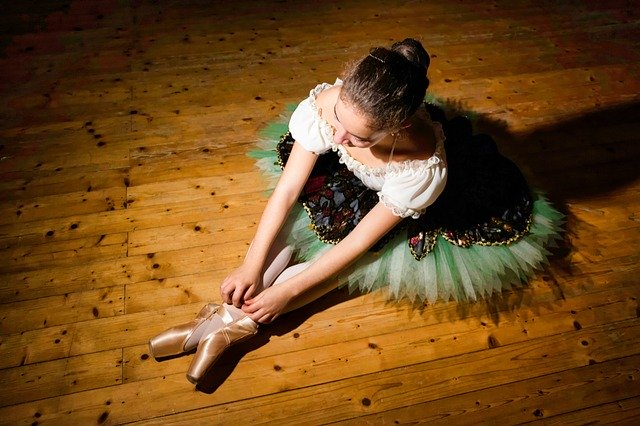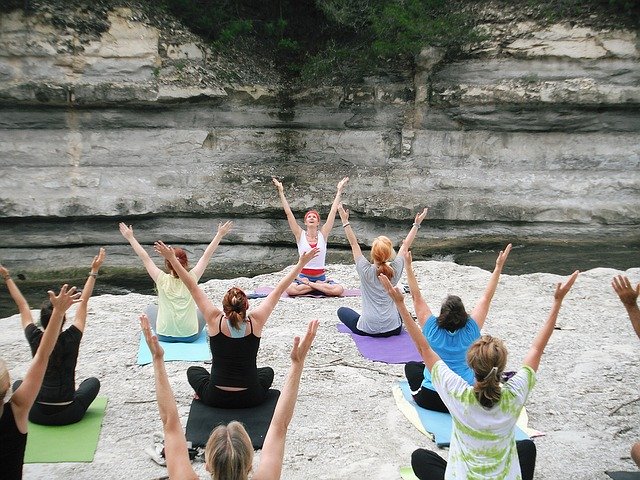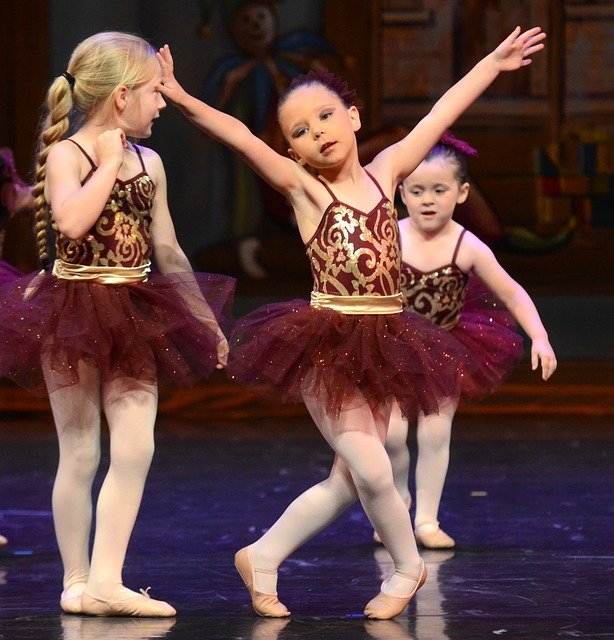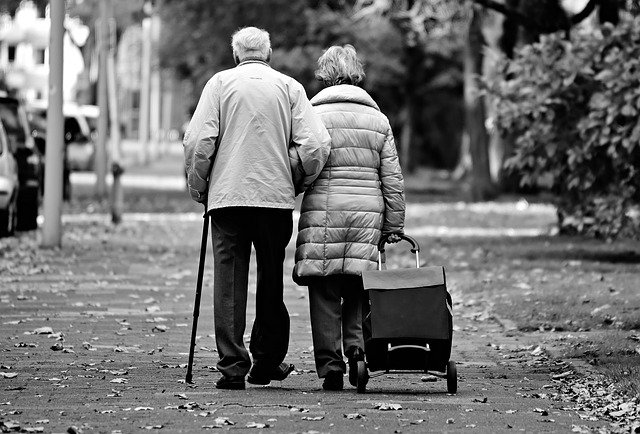
PERFORMANCE ARTS
The ability to observe, direct and fine tune one’s postural, breathing and movement patterns is obviously of huge importance in the performing arts, both in working towards technical excellence and in coping with performance anxiety.
Alexander Technique is taught at most of the major UK colleges of drama, music and dance, as increasingly is t’ai chi and Pilates. Mindful movement can offer significant relief to the violinist with chronic neck tension, the dancer with back pain or the actor with severe stage fright.
My own 15 years of experience as a dancer, director and producer of dance performances as well as years of teaching work with musicians, dancers and actors has shown repeatedly that almost magical changes can occur with the use of Moving Mindfully .
The individual’s comfort and well being increase, as does the quality of performance, with stage fright changing to pleasurable anticipation.

Posture
Back pain and depression are responsible for the majority of working days lost to industry. The ability to be mindful of postural and movement patterns at work is essential, from shop floor worker to CEO.
Quality and quantity of work as well as morale and subjective sense of wellbeing will all rise when the body is working with more ease, flow and good alignment.
Alexander talked about the “use of the self”, a concept that implies autonomy and empowerment for the individual – both essential for an effective and reasonably happy workforce, and for minimising days lost to physical and mental illness.

children
Many children love to participate in MM classes, as long as there is an element of fun and laughter, vivid imagery and respect for each child’s level of psycho physical development.
Recent alarming statistics re childhood back pain, depression, anxiety and hyperactivity must surely point to the need for more tranquil, ‘centering’ activities in school, in a safe non-competitive atmosphere, as well as the need for user-friendly education re postural and movement patterns.
As a UK qualified teacher who began her training at infant/junior level and then switched to secondary, I have a strong interest in working with children of all ages. Some recent teaching in local junior schools evoked comments like:
“I’d love to do it again because it kept me nice and calm…I really enjoyed it and I was calm for the rest of the day. a very big thank you for your Moving Mindfully workshops… the children really enjoyed the sessions” the staff

ageing
Recent research in the US on the physiology of ageing and exercise (Newsweek N. 06) showed that the most effective exercise programme for senior citizens included Pilates, t’ai chi and yoga. Alexander Technique was not included as a variable, but had it been included would undoubtedly have enhanced the results.
Many of the typical ageing patterns in the body, eg increased kyphosis (curvature of upper spine) and problems with balance and general mobility can be at least to some extent slowed/ameliorated/reversed.
“When at 30 years old I was diagnosed with poly-arthritis and poly-myalgia…I was warned that I could be in a wheelchair by my forties. I arn now 64, on my feet and leading an active life, due, I believe, to the benefits ofthe Alexander Technique throughout this period.” Sylvia

mental health
When we feel anxious, depressed or traumatised most of us tend somewhat to absent ourselves from our bodies – the mind races, breathing may become rapid and shallow, neck and shoulders become tense, and we often lose awareness of our legs and feet. These phenomena will be most radical in shock/trauma, but even everyday levels of anxiety may evoke some degree of these responses.
One of the most effective and fast acting remedies for these distressing and all too common reactions is to apply mindfulness to our alignment, breathing and movement quality – it can be quite extraordinary to experience how quickly we can regain more comfortable levels of calmness, centredness and resourcefulness.
“Do not give all your attention away to the mind and the external world. By all means focus on what you are doing, but feel the inner body at the same time whenever possible.”
Eckhart Tolle : The Power of Now
“Bringing awareness to the body allows persons to choose to alter one of the components of the “mode of mind” that is keeping them locked into an emotional state – by intentionally altering their posture or facial expression.”
Mindfulness Based Cognitive Therapy for Depression : Guilford